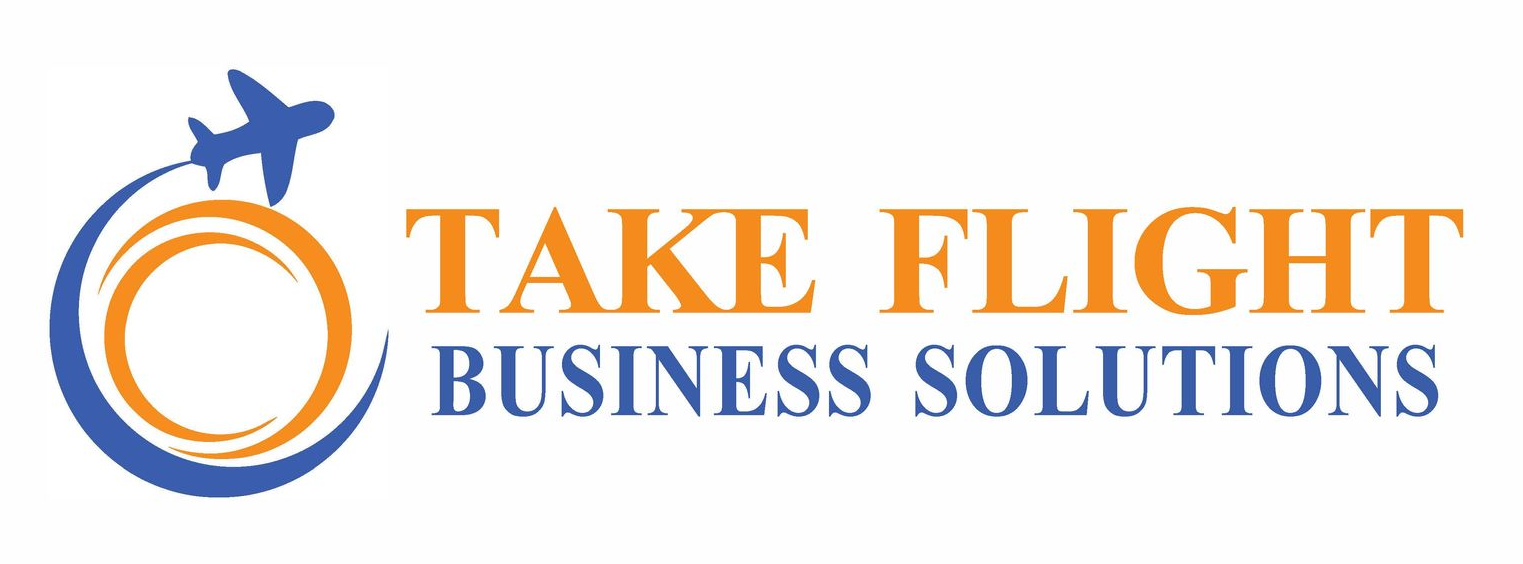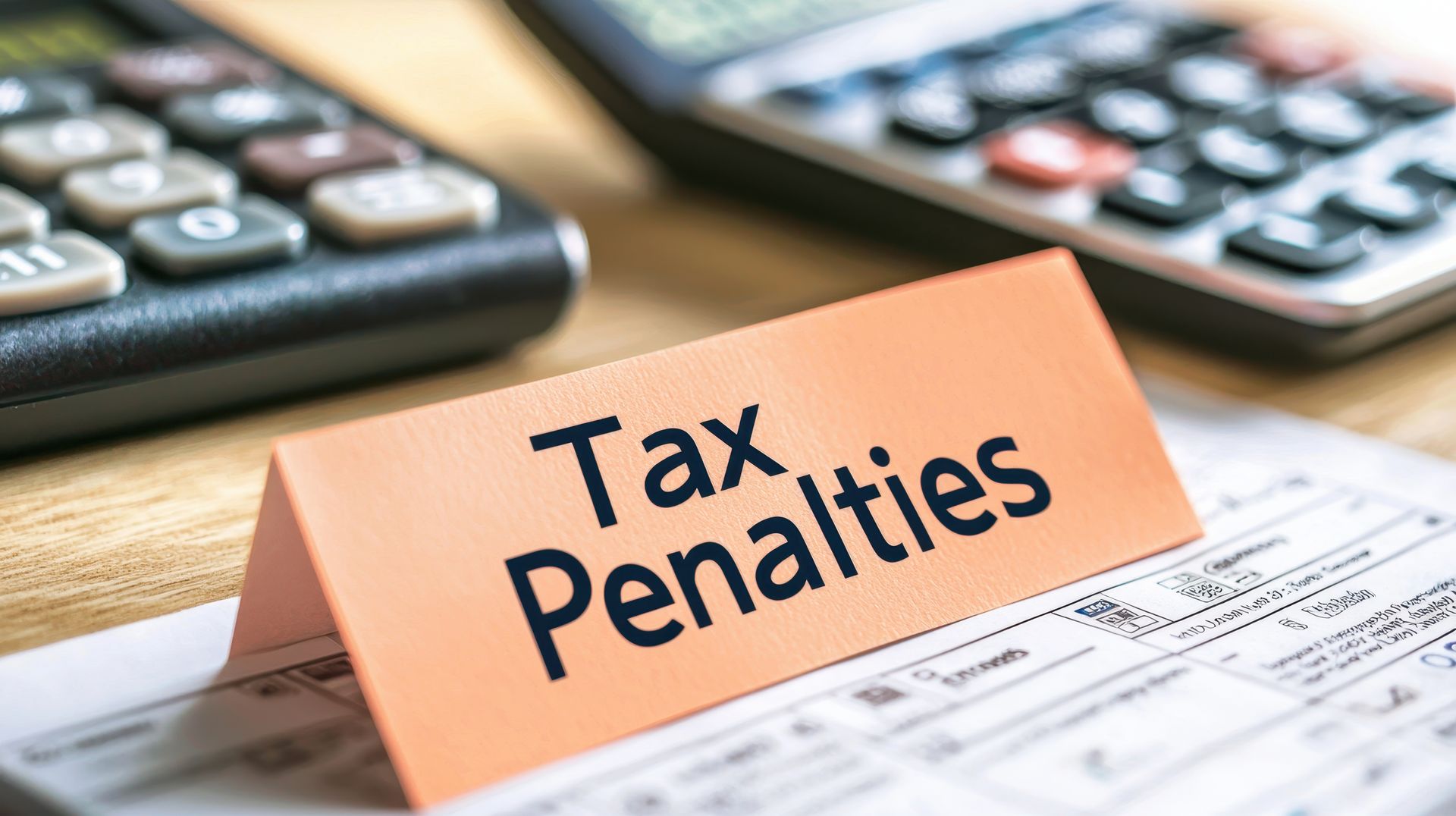Understanding the Distinction: Bookkeeper vs Accountant vs CPA - Which One Do You Really Need?
Understanding the Distinction: Bookkeeper vs Accountant vs CPA - Which One Do You Really Need?

Understanding the Distinction: Bookkeeper vs Accountant vs CPA - Which One Do You Really Need?
Are you confused about the difference between a bookkeeper, an accountant, and a CPA? If so, you're not alone. Many business owners struggle to understand the distinctions among these financial professionals and the roles they play in managing your books and taxes. In this article, we will unravel the mystery and help you determine which one you really need for your business.
A bookkeeper, an accountant, and a CPA all have unique skills and areas of expertise that can benefit your business in different ways. From day-to-day financial record keeping to more advanced tasks like tax planning and analysis, each professional offers a different level of service.
By understanding the differences between a bookkeeper, an accountant, and a CPA, you will be better equipped to make informed decisions for your business's financial needs. Whether you are looking for someone to handle basic bookkeeping tasks or need more comprehensive financial expertise, we will guide you through the process and help you find the right fit. Stay tuned to discover which financial professional is best suited for your business.
What is a bookkeeper?
A bookkeeper is a professional who is responsible for maintaining the financial records of a business. They are responsible for recording and organizing all of the financial transactions that a business makes, including income, expenses, accounts payable, and accounts receivable. Bookkeepers are the backbone of a company's financial operations, ensuring that all financial data is accurately recorded and kept up-to-date.
Bookkeepers are often responsible for tasks such as invoicing clients, paying bills, reconciling bank statements, and generating financial reports. They work closely with business owners and managers to provide real-time financial information and help them make informed decisions about the company's financial health. Bookkeepers are essential for keeping a business organized and compliant with tax and accounting regulations.
While bookkeepers may not have the same level of financial expertise as accountants or CPAs, they play a critical role in the overall financial management of a business. They are the first line of defense in ensuring that a company's financial records are accurate and up-to-date, which is essential for making informed business decisions and preparing for tax season.
Responsibilities of a bookkeeper
The primary responsibilities of a bookkeeper include recording and organizing all of a business's financial transactions, including income, expenses, accounts payable, and accounts receivable. This involves tasks such as invoicing clients, paying bills, reconciling bank statements, and generating financial reports.
Bookkeepers are also responsible for maintaining accurate and up-to-date financial records, ensuring that all transactions are properly recorded and categorized. They may also be responsible for preparing payroll, managing inventory, and tracking assets and liabilities. In addition, bookkeepers often work closely with business owners and managers to provide real-time financial information and help them make informed decisions about the company's financial health.
Bookkeepers play a crucial role in helping businesses avoid costly penalties and fines by ensuring that all financial transactions are properly recorded and reported.
Qualifications and skills needed to be a bookkeeper
Many bookkeepers have a high school diploma or equivalent, as well as some formal training in accounting or bookkeeping. Many community colleges and vocational schools offer certificate programs in bookkeeping that provide the necessary skills and knowledge. The education requirements and standards are lower than accountant and CPA. There are no continuing education requirements for bookkeepers.
In addition to formal education, bookkeepers must also possess a range of technical and soft skills. This includes proficiency in using accounting software and spreadsheet programs, as well as strong attention to detail and organizational skills. Bookkeepers must also be adept at problem-solving, critical thinking, and communication, as they often work closely with business owners and managers to provide financial information.
Some bookkeepers may also choose to pursue the Certified Bookkeeper (CB) designation from the American Institute of Professional Bookkeepers (AIPB). This certification demonstrates a bookkeeper's expertise and commitment to the profession, and can help them stand out in a competitive job market.
What is an accountant?
An accountant is a financial professional who is responsible for working on more complicated transactions, and analyzing, interpreting, and reporting on a business's financial information. Accountants use their expertise in accounting principles and practices to provide a wide range of services, including tax preparation, financial planning, and auditing. Accountants have a bachelor's or master's degree in accounting. There are no continuing education requirements for accountants.
Unlike bookkeepers, who are primarily responsible for recording and organizing financial transactions, accountants take on more complex accounting tasks (such as depreciation, accounting for goodwill, job costing, inventory accounting, internal auditing, and creating adjusting entries) and take a more of a strategic and analytical approach to financial management as well. They use their knowledge of accounting standards and regulations to provide insights and recommendations that help businesses make informed decisions about their financial operations.
Accountants may work in a variety of settings, including public accounting firms, private companies, government agencies, and non-profit organizations. They may specialize in areas such as tax accounting, managerial accounting, or forensic accounting, depending on their expertise and the needs of their clients or employers.
Responsibilities of an accountant
The responsibilities of an accountant can vary depending on their area of specialization, but generally include tasks such as:
- Preparing and analyzing financial statements, including balance sheets, income statements, and cash flow statements
- Providing financial planning and forecasting services to help businesses make informed decisions about their finances
- Conducting audits and reviews of financial records to ensure accuracy and compliance with accounting standards and regulations
- Providing guidance on financial management and control systems, including budgeting, cost accounting, and internal controls
- Offering strategic advice and recommendations to help businesses improve their financial performance and achieve their goals
Accountants must have a deep understanding of accounting principles, tax laws, and financial regulations, as well as strong analytical and problem-solving skills. They must also be able to effectively communicate complex financial information to business owners, managers, and other stakeholders.
Qualifications and skills needed to be an accountant
To become an accountant, individuals typically need a bachelor's degree in accounting or a related field, such as finance or business administration. Many accountants also choose to pursue additional certifications or licenses, such as the Certified Public Accountant (CPA) designation, which requires passing a rigorous exam and meeting specific educational and experience requirements.
In addition to formal education and certifications, accountants must possess a range of technical and soft skills to be successful in their careers. This includes proficiency in using accounting software and spreadsheet programs, as well as strong analytical and problem-solving abilities. Accountants must also have excellent communication and interpersonal skills, as they often work closely with clients, colleagues, and other stakeholders.
Some of the key skills and qualities that are essential for accountants include:
- Strong attention to detail and accuracy.
- Excellent numerical and analytical skills.
- Proficiency in financial reporting and analysis.
- Knowledge of accounting principles, tax laws, and financial regulations.
- Ability to work independently and as part of a team.
- Strong communication and presentation skills.
- Critical thinking and problem-solving abilities.
- Ethical decision-making and integrity.
By possessing these skills and qualifications, accountants can provide valuable financial insights and recommendations that help businesses achieve their goals and maintain financial stability.
What is a CPA (Certified Public Accountant)?
A Certified Public Accountant (CPA) is a financial professional who has passed a rigorous exam and met specific educational and experience requirements. CPAs are licensed by state boards of accountancy and are recognized as experts in the field of accounting and financial management. All CPAs are accountants, but not all accountants are CPAs. CPAs are the most highly skilled and trained of the folks in this industry. They need at least a bachelor's degree and some experience to be even qualified to take the CPA exam. About 80 hours of continuing education is required to maintain their license every 2 years. Many do much more than that.
CPAs are highly skilled in a wide range of accounting and financial services, including tax preparation, financial planning, auditing, and consulting. They are often hired by businesses, government agencies, and non-profit organizations to provide comprehensive financial management and advisory services.
One of the key distinguishing factors of a CPA is their ability to perform audits and provide assurance services. CPAs are authorized to conduct audits of financial statements and provide independent opinions on the accuracy and reliability of a company's financial information. This level of expertise and oversight is highly valued by businesses, investors, and regulatory agencies.
Responsibilities of a CPA
The responsibilities of a CPA can vary depending on their area of specialization, but generally include tasks such as:
- Having the responsibility of reviewing and managing the overall books for businesses and organizations
- Preparing and filing tax returns for individuals, businesses, and organizations
- Providing tax planning and advisory services to help clients minimize their tax liabilities
- Supporting business owners in an audit by providing the auditors with the necessary documentation
- Reviewing the books of the business to ensure their accuracy on a periodic basis
- Conducting independent financial audits and reviews to ensure compliance with accounting standards and regulations
- Offering strategic financial planning and advisory services to help clients achieve their financial goals
- Providing expert testimony and forensic accounting services in legal proceedings
- Advising on mergers, acquisitions, and other complex financial transactions
- Developing and implementing internal control systems to prevent fraud and ensure financial integrity
CPAs must have a deep understanding of accounting principles, tax laws, and financial regulations, as well as strong analytical and problem-solving skills. They must also be able to effectively communicate complex financial information to clients, colleagues, and other stakeholders.
When to hire a bookkeeper, accountant, or CPA for your business
Determining when to hire a bookkeeper, accountant, or CPA for your business can be a complex decision, as each of these financial professionals offers unique skills and expertise. Here are some general guidelines to help you decide which one you need:
Bookkeeper:
- When you need someone to handle basic day-to-day financial tasks, such as recording transactions, invoicing clients, and paying bills.
- When you need to maintain accurate and up-to-date financial records for your business.
Accountant:
- When you need someone who thinks more about the substance of the transaction rather than just recording transactions like a bookkeeper.
- When you need someone to handle more complex business and financial transactions.
- When you need financial analysis and strategic planning, such as preparing financial statements, forecasting, and budgeting.
CPA:
- When you need someone to do your accounting and also have an understanding of the tax laws and what is and what is not deductible.
- When you have complex accounting needs and would like the extra assurance that your books are correct.
- When you need to have your financial statements audited or reviewed by an independent, licensed professional.
- When you need expert advice on complex financial transactions, such as mergers, acquisitions, or business valuations.
- When you need guidance on tax planning and preparation, including identifying deductions and minimizing tax liabilities.
- When you need to represent your business in legal or regulatory proceedings, such as tax audits or investigations.
It's important to note that many businesses may benefit from a combination of these financial professionals, depending on the size and complexity of their operations. For example, a small business may start with a bookkeeper to handle basic financial tasks, and then hire an accountant or CPA as the business grows and becomes more complex.
Conclusion: Making the right financial management decision for your business
Choosing the right financial professional for your business can be a critical decision that can have a significant impact on your overall financial health and success. By understanding the distinct roles and responsibilities of a bookkeeper, accountant, and CPA, you can make an informed decision about which one (or combination) is best suited to your business's needs.
A bookkeeper is essential for maintaining accurate and up-to-date financial records, ensuring compliance with tax and accounting regulations, and providing real-time financial information to business owners and managers. An accountant can offer more advanced financial analysis and strategic planning, as well as guidance on tax planning and preparation. A CPA, on the other hand, can provide independent auditing and assurance services, as well as expert advice on complex financial transactions and legal proceedings.
Ultimately, the decision of which financial professional to hire will depend on the size and complexity of your business, your financial goals and objectives, and the specific needs of your organization. By carefully evaluating your options and seeking the advice of experienced professionals, you can ensure that your business has the financial management support it needs to thrive and succeed.
Here at Take Flight Business Solutions, while we don't do audits, we do support businesses when they are getting audited and offer outsourced accounting services where we offer staff, from bookkeeper to CPA, to work on your books to offer you the best solution at a competitive price. The bookkeepers do some of the routine tasks, while the accountant/CPA reviews the books, advises on making corrections, and works with business owners to help improve their business finances. If you need any help with your accounting and taxes, please feel free call us at 850-303-2133, and let's discuss how we can help you meet your goals.












